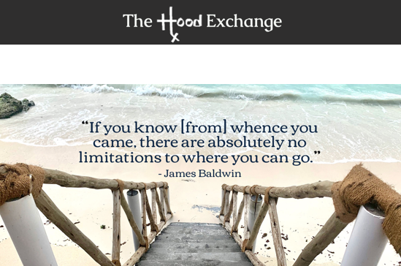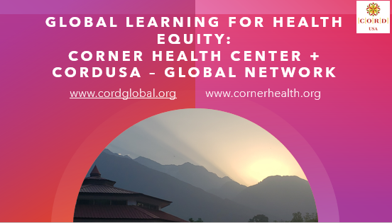
This is a long-term, bidirectional, community-based intervention in Washtenaw County, Michigan for women aged 12+, experiencing personal and systemic barriers to wellbeing. We aim to use resources within the community to help women achieve discrete goals in three arenas: access to healthcare, education for their children, and employment. It is a collaborative project between CORDUSA - Global Network and Corner Health Center, partnering with the Community Action Network of Washtenaw County. We are adapting principles from CORD, based in Himachal Pradesh, India, a community-based organization that has been in place since 1985. The organization is based on 4 pillars: participation, integration, sustainability, and networking. We are adapting these to the local Michigan context by connecting women with resources and volunteers so that they can build programs that fulfill their goals. The 4 Pillar model of CORD is being applied at the Bryant Community Center through the Community Action Network via women’s group discussions and support groups. This model is being adapted and integrated into the Corner Health Center’s programs with marginalized patients, particularly women receiving Maternal & Infant Health Program services, through the implementation of Parent Cafes. Intentional spaces are curated through both programs for parents – primarily moms – to spend time with each other, foster conversation, build community, and as a result, increase hopefulness, improve health, and achieve a greater sense of agency in their lives.



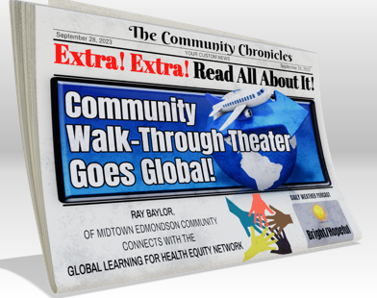
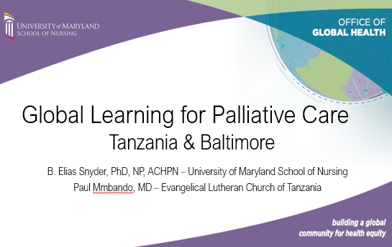
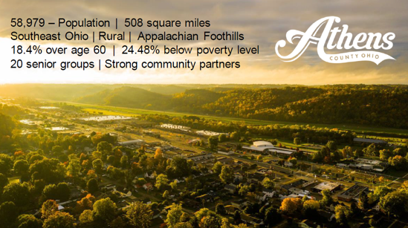

.jpg)
